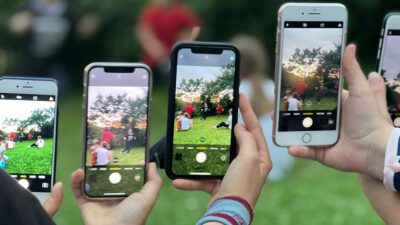
Uncharted waters, protecting the young from online harms
While we know young people are spending unprecedented amounts of time online, Australia is struggling to deliver a virtual ‘safety fence’ around online usage by adolescents.
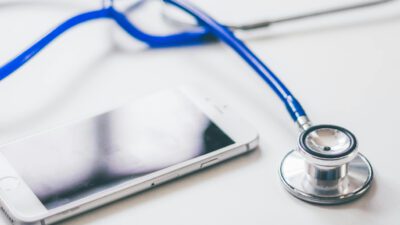
Caring for the carers
The world’s health challenges are enormous. Ancient diseases such as malaria and TB continue to kill and debilitate millions of people every year and a new pathogen could, once more, shut down the world.

The business case for identifying and eliminating hazardous chemicals
Chemical contamination is an incredibly serious problem impacting human health. At least two million people die every year due to chemical contact.
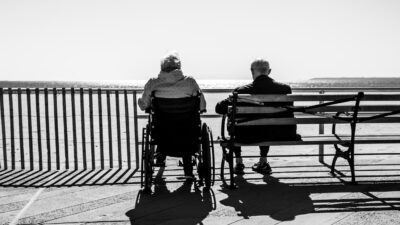
Confronting ageing: the talk Australia has to have
Australian society will be reshaped as its population ages, it needs to have some confronting conversations about ageing and how it pays the inevitable cost.
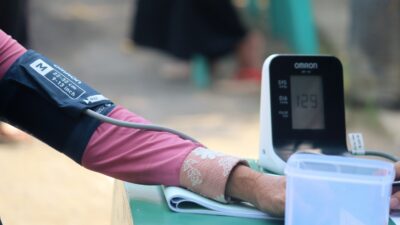
There is a SMART solution to worker burnout
The psychological toll on healthcare and social assistance workers is immense - what if we could reimagine these jobs to prevent burnout?

Morning or evening type? Choice of hours is the next big thing in workplace flexibility
More choice over when we work be the next big gain in productivity.
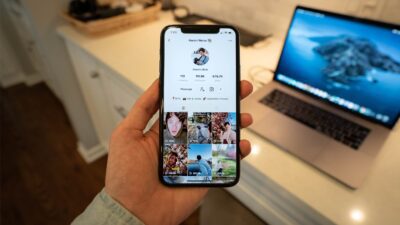
Is 13 too young to have a TikTok or Instagram account?
The US surgeon general says 13 is ‘too early’ to be on social media. But an expert on parenting and digital media cautions against a ‘one-size-fits-all’ approach.
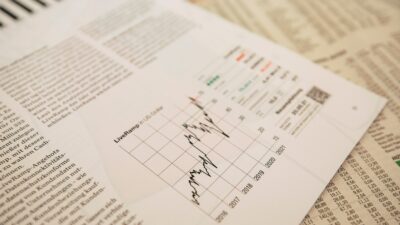
Mental health plays a big role in advancing the economy – we need a measure beyond GDP
Mental health plays a significant role in productivity but is often overlooked. To maintain its promising economic growth, Indonesia must put its people’s well-being into the calculation.
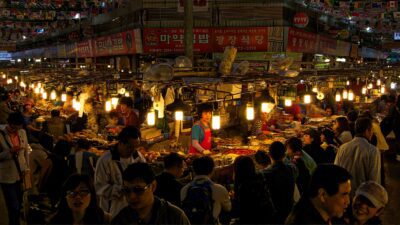
Getting old means never getting to retire
Demographic time-bombs and super ageing societies - what does it all mean for countries with falling birth rates?
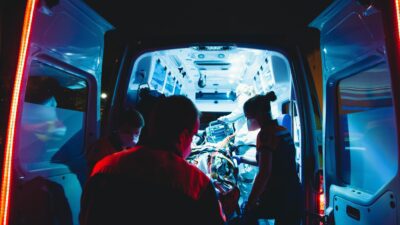
The business of staying alive
What does online shopping have in common with surviving a heart attack?
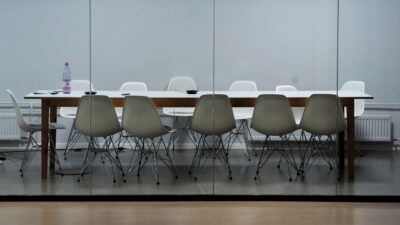
Hybrid work: the 9 things we have learnt
After the pandemic-induced experimentation with new forms of work – here is a checklist of nine things we have learnt about hybrid working (and what is, and isn’t, working).
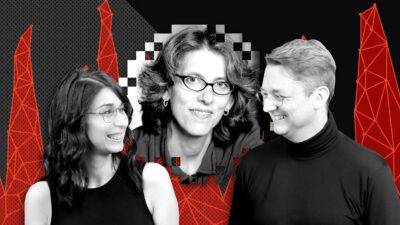
The 4-day work week with Juliet Schor
This week: what if we all worked four days a week? We talk with Professor Juliet Schor about her research into the 4-day work week and the trials happening around the world.